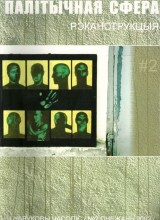
We kindly inform you that, as long as the subject affiliation of our 300.000+ articles is in progress, you might get unsufficient or no results on your third level or second level search. In this case, please broaden your search criteria.

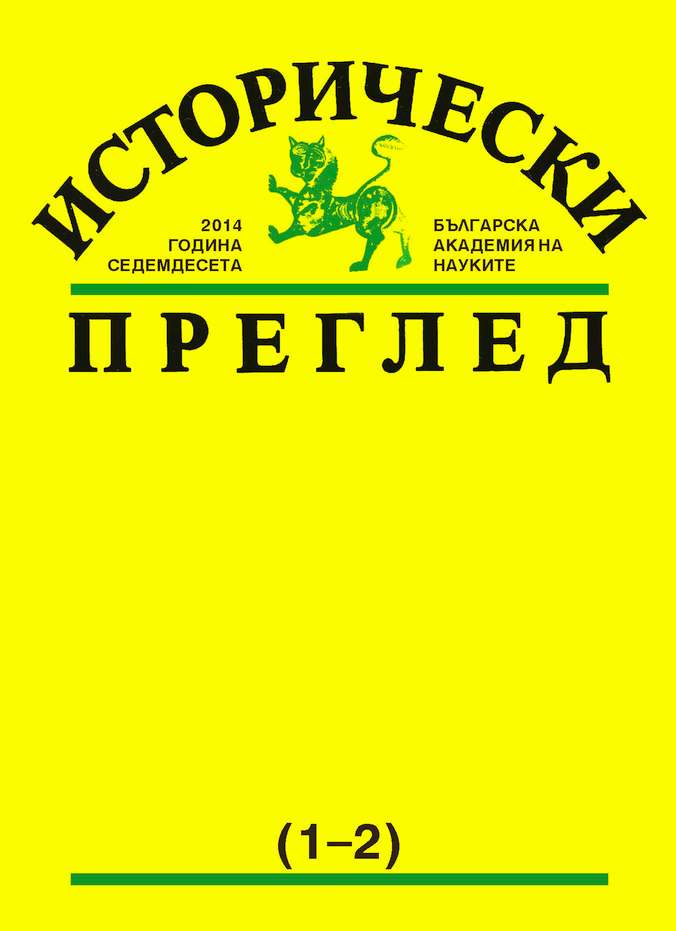
Selective Bibliography of Academician Konstantin Kossev
More...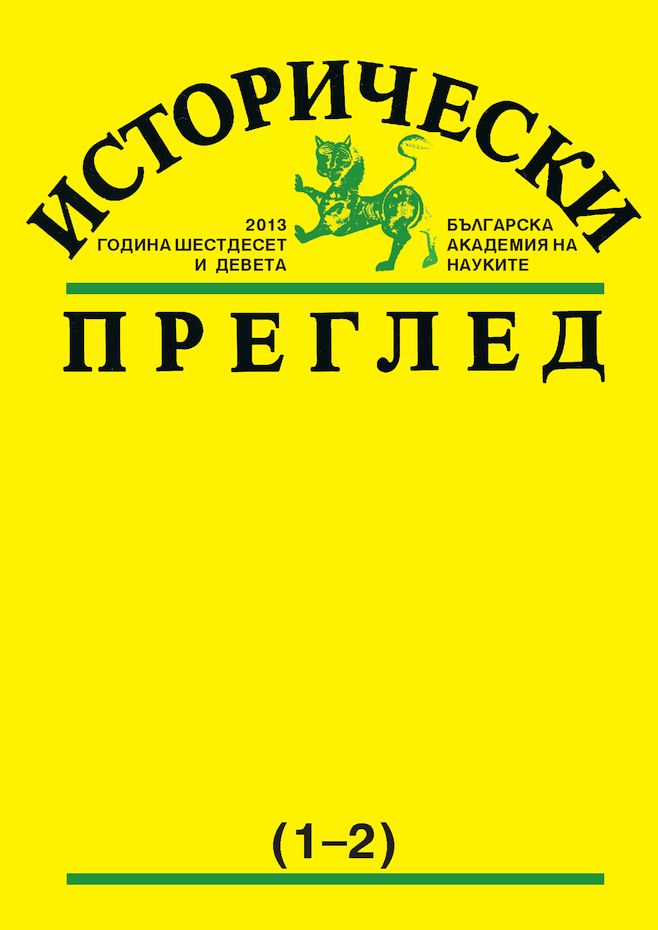
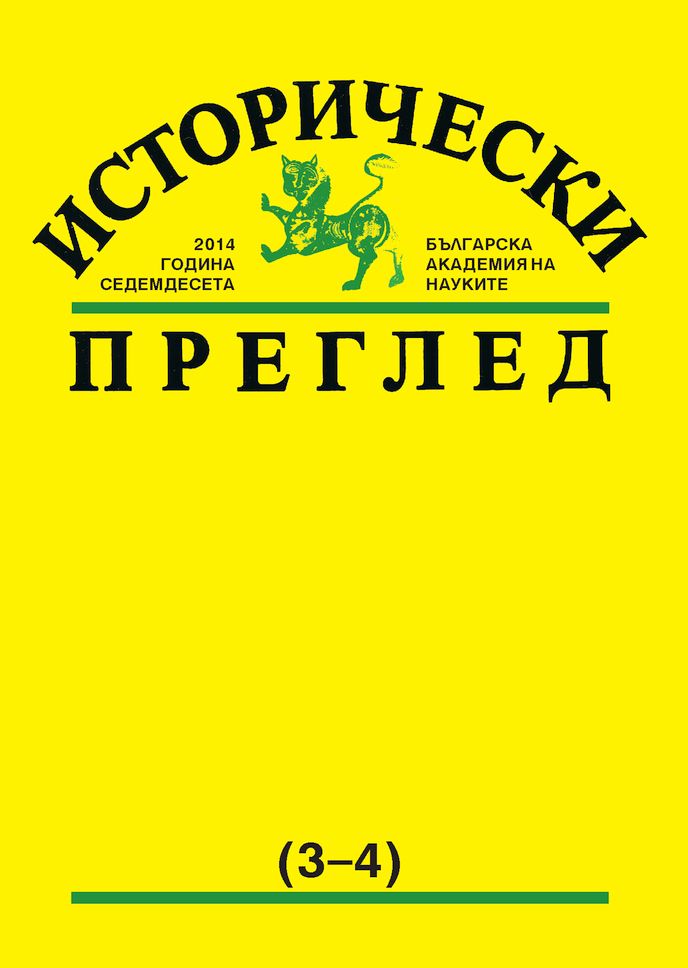
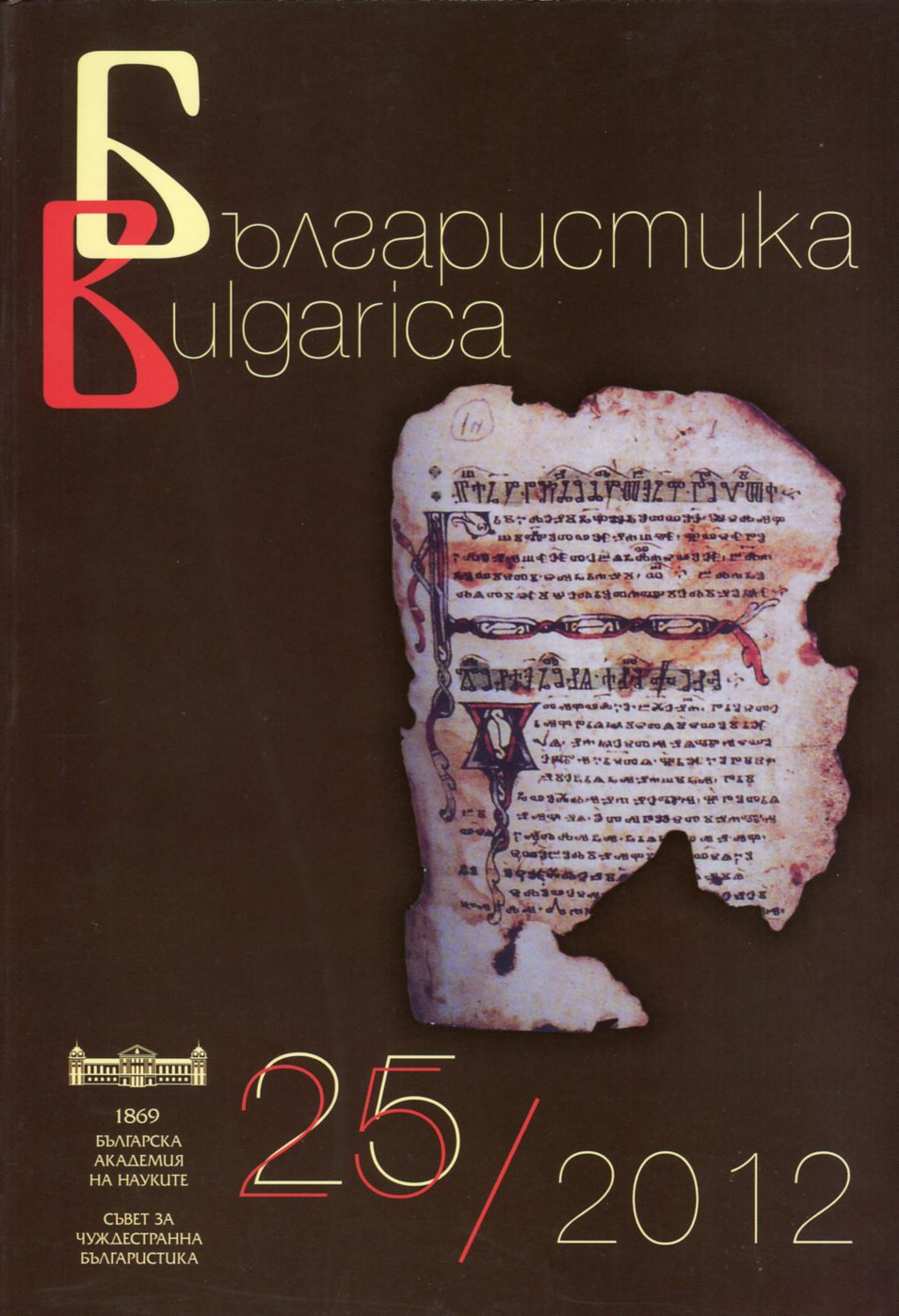
The process of attaining the independence of Slovenia was based upon the plebiscitary determination of the Slovenian citizens to establish an autonomous and independent state. Civil defence performed successfully in this process and it was fully complementary to military defence. It allowed the authorities to function in a legal and continuous manner, enabled a more or less stable supply of defence forces and the population, and made it possible for the »will to resist« to be strengthened among the citizens before and during the war. The non-violent resistance of the civil society and political institutions against the federal forces contributed significantly to the attainment of the Slovenian independence. The rescue and protection system ensured the notification, evacuation and protection of the civilian population as well as the detection and designation of dangerous zones.
More...
After the end of World War II in the countries of Western Europe and especially in North America oral history could be methodologically shaped and developing freely. For political reasons oral history could not assert itself until 1989 in Czechoslovakia. After the fall of the Iron Curtain oral history began to expand into Eastern Bloc´s countries including Czechoslovakia. At that time oral history was facing criticism and some kind of demureness from classical historians, who have rejected oral history for many reasons. After more than a quarter of the century the situation has changed. In the Czech Republic oral history has its place between other humanitarian sciences, however the situation is still not comparable with states of Western Europe where oral history has settled already two generations earlier. The contribution provides a methodological and historical summaries of oral history. Article discusses the creation of methodology, its development, positive and negative aspects and institution in the Czech Republic. The article is based on a synthesis of available materials and on the author´s own experience. The aim is to make the reader familiar with oral history´s origin and its development and highlights the challenges that oral historians face. The article presents an evolution of methodology in the Czech Republic and the most important projects.
More...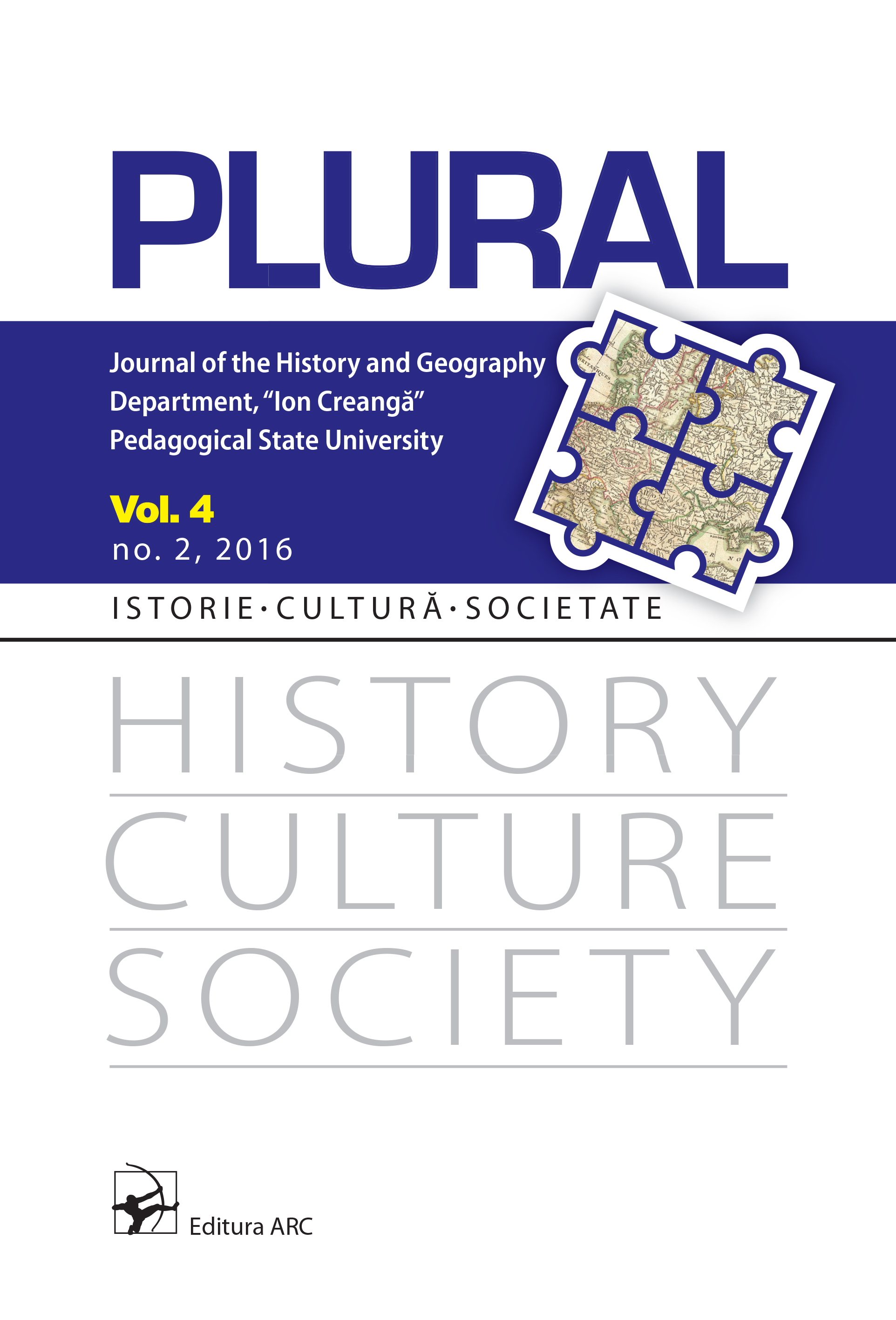
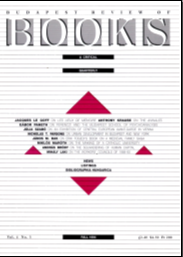
The review of: A civil társadalomtól a politikai társadalom felé. Munkástanácsok 1989-1993 (From Civil Society to Political Society. Worker’s Councils 1989-1993) by Erzsébet Szalai
More...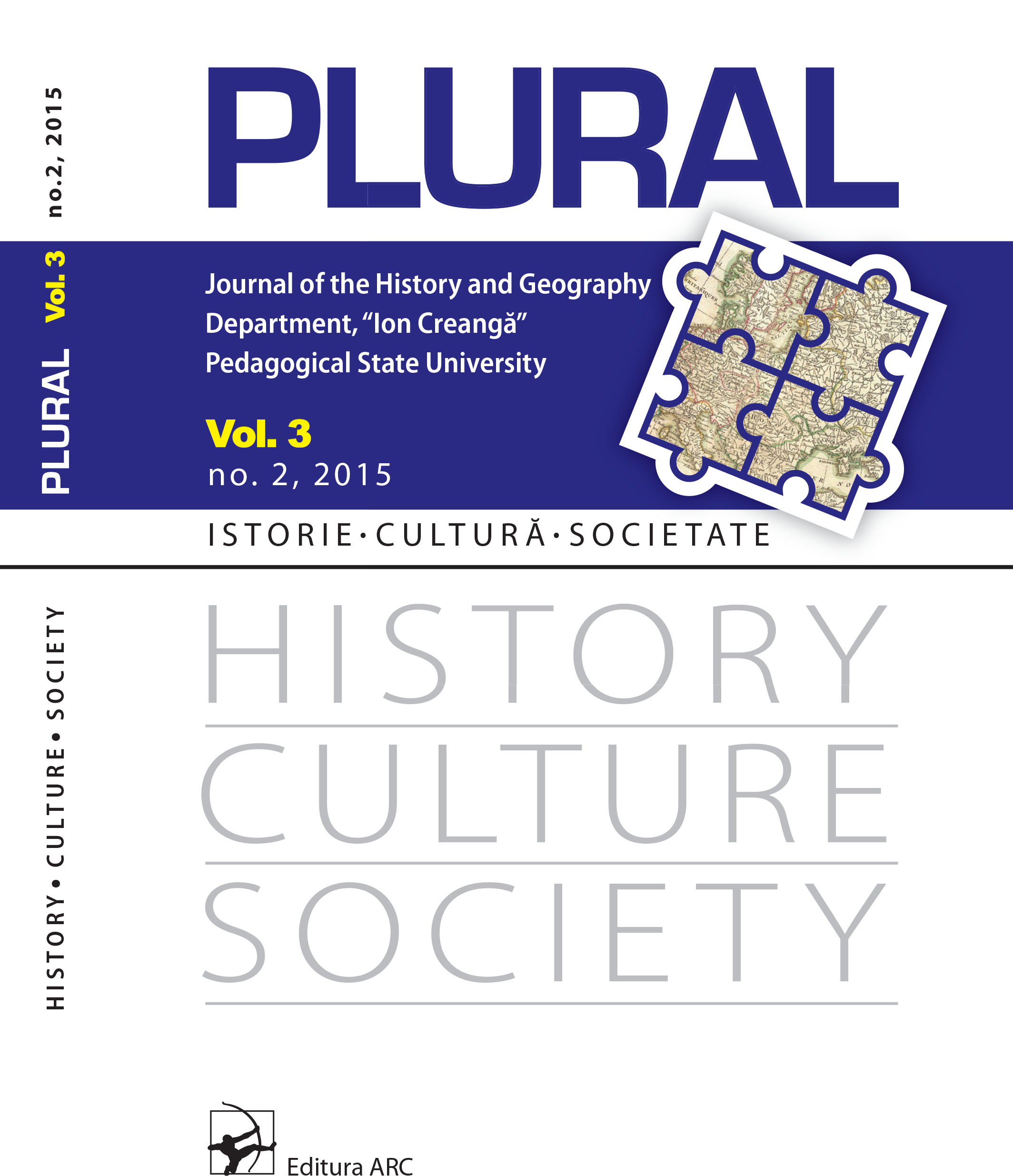
The author discusses how the concept of “national identity” has been defined and expressed throughout different ages, peoples and schools of thought. The relation between religious, class-based, or national identity and political ideologies is being carefully observed, starting from the medieval period into the modern age, not only in Europe, but also in the East. What happens with national identity? Is it, based on old social science schools, inherited or acquired? Here appears one of the initial distinctions between two opposing concepts of the national identity: the German understanding, originating from J. Fichte and the German romantics, according to which a nation is linked by a common origin, the common identity of the people, history and language (Volksgeist) versus the Franco-American school, which originated in the French revolution, stating that a nation is built not on common history, but is rather a societal outcome, being based on politics, adherence to the values of the Republic and loyalty to the state. In the contemporary period the French concept has been predominant and was taken over by the American school of thought. One of its main ideas is that peoples, more precisely the populations, who suffered from an initial lack of traditions of state governance and from a deficit of native intellectuals, as a result of their political situation, did not succeed to consolidate into genuine nations. Furthermore, the development of national identity in the current Republic of Moldova is being thoroughly analysed. Finally, the phenomenon of self-identification of the Bessarabians is rigorously analysed, based on a scholarly and historically centred approach.
More...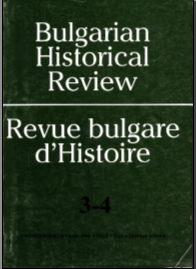


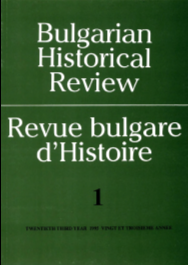
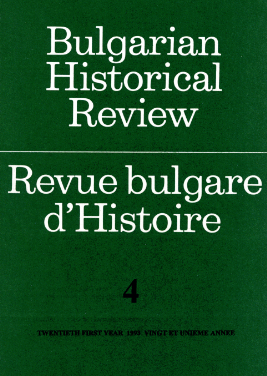
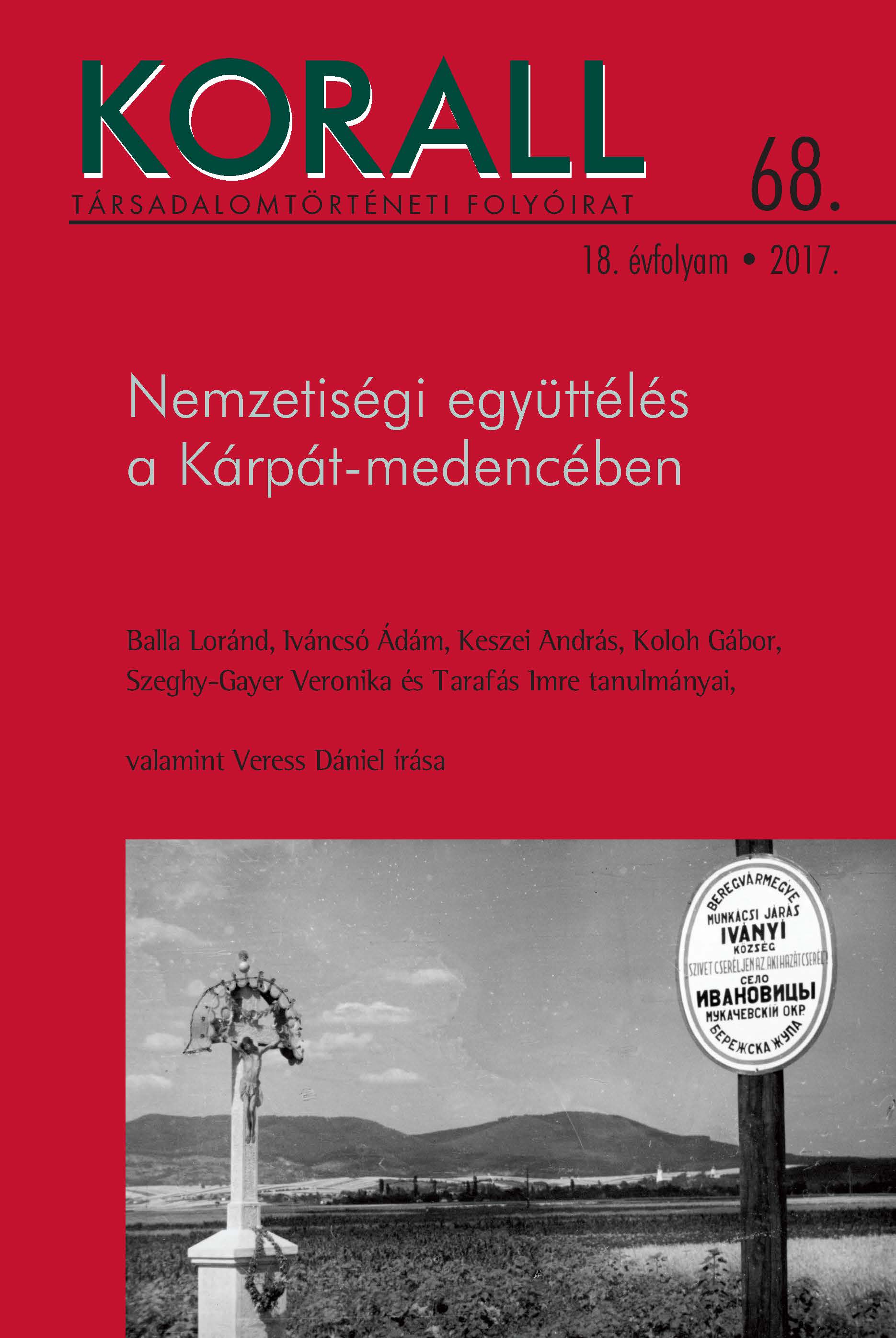
Architecture, just like literature and music, was involved in the nation-building processes, architects also sought ways of expressing their national identities and characteristics. The most composite displays of this patriotic approach to architecture were the attempts at distinct national styles which aimed the comprehensive nationalization of the art of designing buildings. In my article I compare these often movement-like strivings and divide them into twin groups by sociohistorical factors. According to my multiscopic and comparative research, three macro dichotomies shaped the relationship between architecture and nationalism in (post-)Habsburg Central Europe.First and foremost, these would-be styles emerged in Hungarian, Czech, and Polish architecture, while no peculiar Austrian (style) endeavour was elaborated. Due to an almost complete lack of Austrian (ethnic/national) identity, the issue was considered marginal or even dismissed among the Austro-Germans. Secondly, Hungarian, Czech, and Polish architects strove for comprehensive acknowledgement as national styles, whereas only some of them achieved this aim. It is striking that all successful efforts became fully-fledged under the aegis of an independent nation-state. Accordingly, the nationalist stirrings of the Hungarian architects, whose nation enjoyed a semi-independent status within the empire since 1867, reached this fully-fledged condition prior to the collapse of Austria-Hungary. During the very same decades, Czech and Polish attempts had to wait for this achievement until the foundation of the Czechoslovakian and Polish nation-states in 1918. Thirdly, the sources of inspiration for these would-be nationalist styles varied. The Czechs rather stood under the influence of urban culture while the Hungarians and Poles were mainly influenced by vernacular building and folk art. I could trace back this dichotomy to another socio-historical phenomenon: the unevenness of urbanisation and industrialisation within the empire’s distinct regions. (For the English version of the article see: Shelekpayev, Nari et al. [eds.] [2016]: Empires, Nations and Private Lives. Essays on the Social and Cultural History of the Great War. Newcastle upon Tyne, Cambridge Scholars.)
More...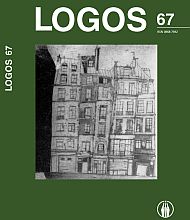
The strong wave of national revival that started in 19th century forced the new Lithuanian intellectuals to reflect on the concept and nature of nation. On the one hand, J. Šliūpas gave an extensive definition of nation that includes material, spiritual and ethical foundations. However, the representatives of romantic views stated that the basis of the nation is language, which conceals the spirit of nation. M. Römeris and J. Herbačiauskas disagreed with interpretation of natural background of the nation and emphasized the importance of deliberate choice. A related question is the question of the national hero: the importance of person for the self-creation of the nation. Though both Catholic intellectuals and socialists stated that the main creator of history is mankind (Catholics) or class (Marxists), the view that the eminent personality was the formative factor for the nation, i.e. its worldview and values, began to prevail.
More...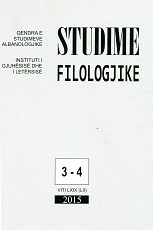
The Albanians commenced to look back at their literary heritage in the second half of the XIXth Century. In this framework, it was thought of, as the very first step to precisely inventorise the existing heritage. One of the highlights of this endeavor was to include in it the writers and poets from all the Albanian territories, as well as from all the religious beliefs. It was considered as the first necessary stage that precedes their full publication. Meanwhile the publication of the literary heritage of the Albanian nationalists is the second stage of the attempt to the cultural affirmation of the modem Albanian nation. It should be considered as well, as an attempt to smooth the edges that existed between the era of nationalism and the pre nationalist one that preceded it. Even the publishing policies that were applied, concretely speaking, the modernization of the Albanian language and the replacement of the words of the Turkish origin, that sometimes led to the complete change of the religious and cultural concepts, a typical illustrative example is Ervehe published by Jani Vreto, were precisely aiming at this adaptation. Apart from this element, the approach towards the literary heritage during the nationalist era, should be considered even as the embryonal phase of the study of the Albanian literature. On the other side, the literary heritage of this era is closely connected with the nation forming process. It intended to show not only what the Albanians were capable of creating, but also to encourage the very creation of the modem national identity.
More...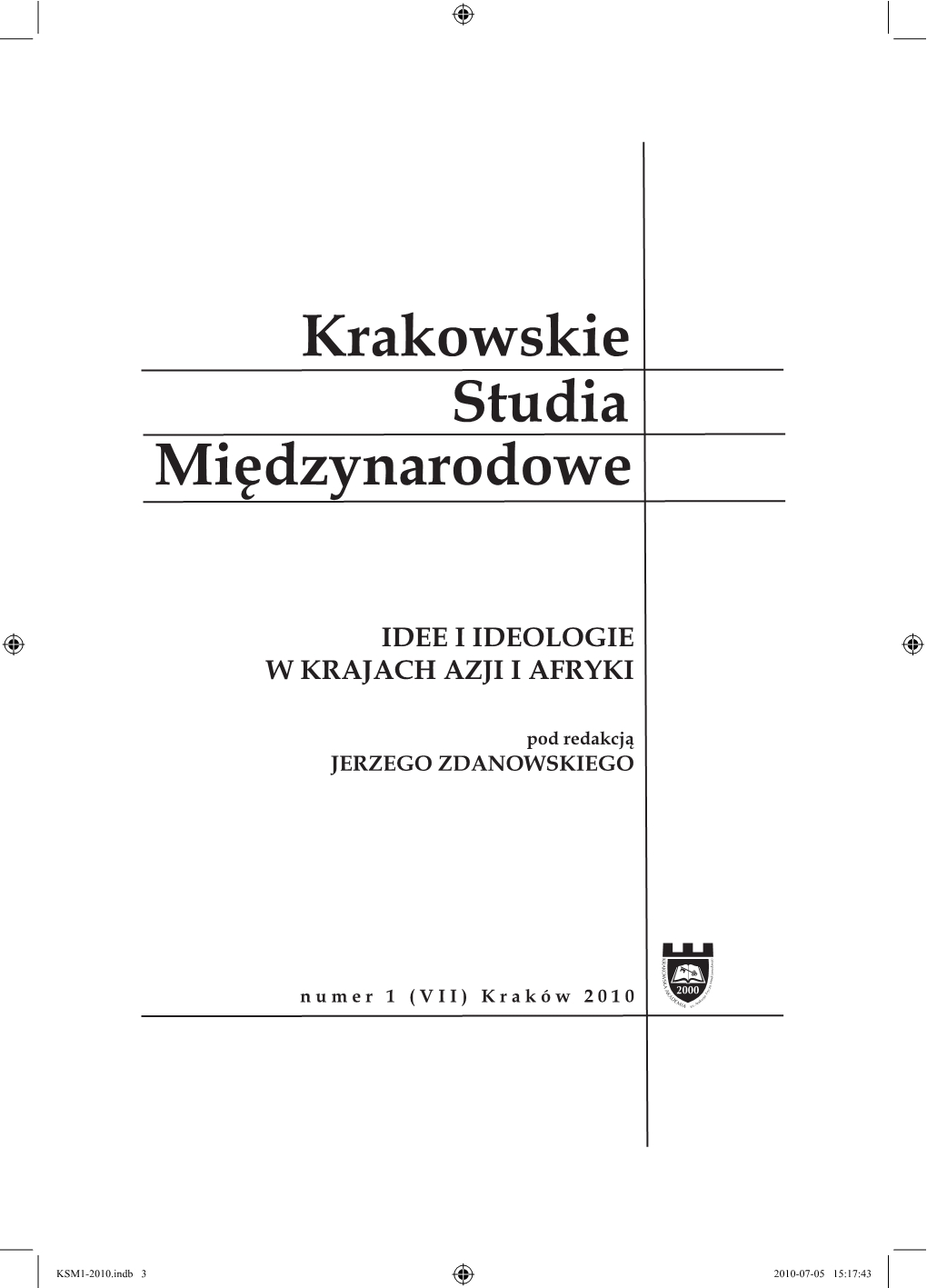
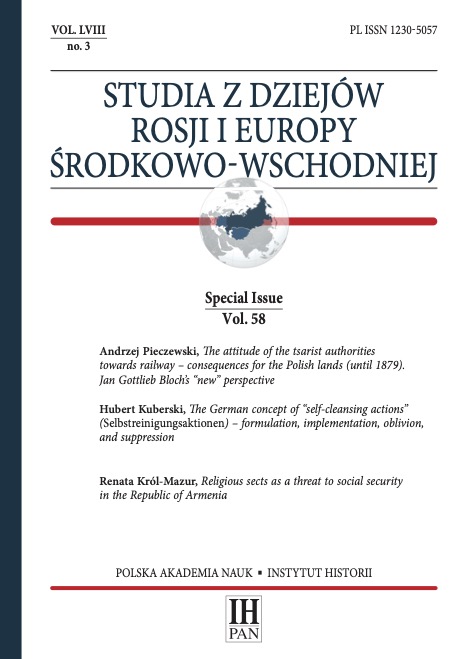
The work aims to present German political concepts implemented in the territories of the former Grand Duchy of Lithuania occupied by the Reich during World War I. Their main contractors were Chief of the General Staff Erich Ludendorff and Field Marshal Paul von Hindenburg. The key objective of this special policy was the maximum weakening of Poles’ self-organisational capabilities.
More...